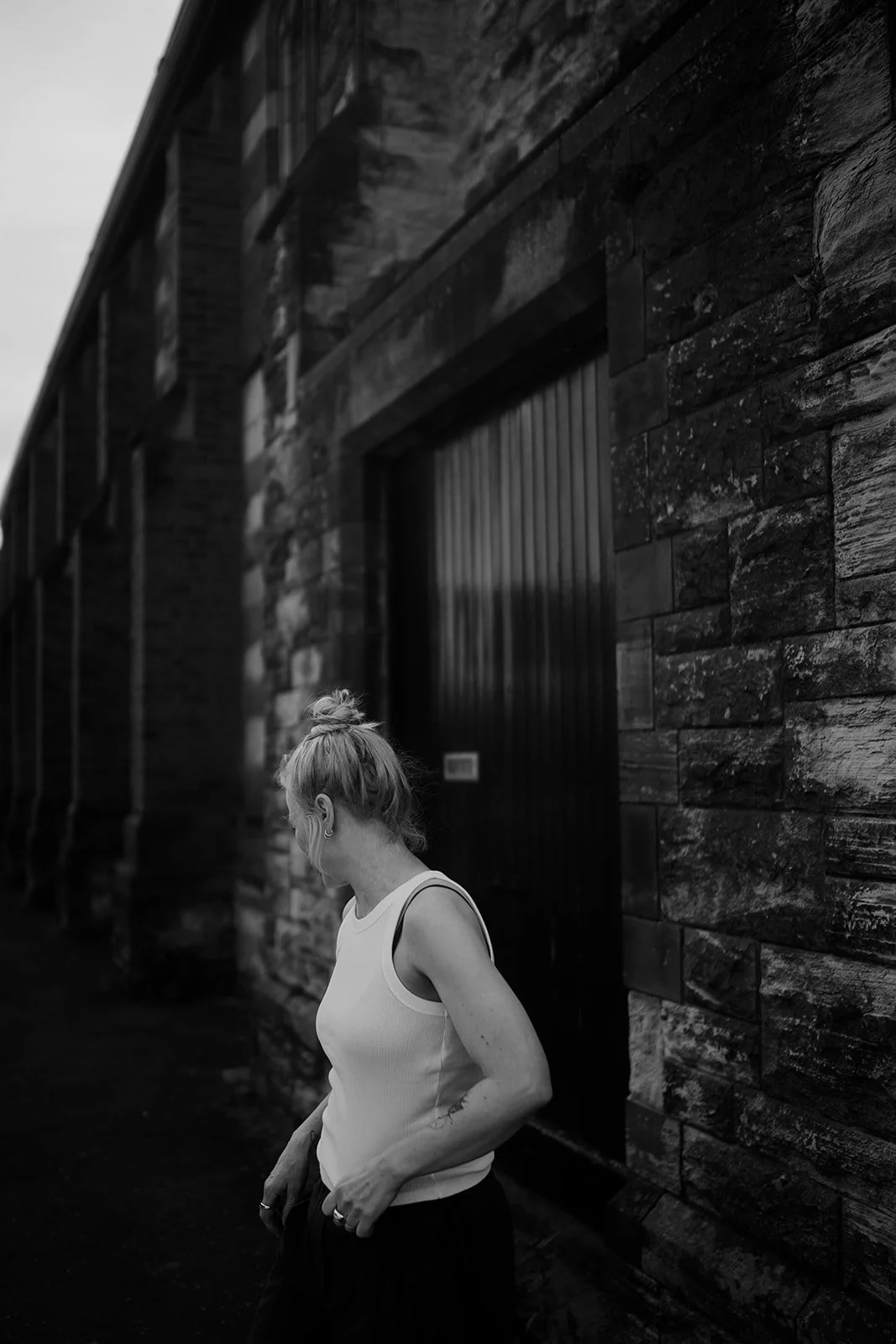My approach weaves together the clinical depth of Dance Movement Psychotherapy and the meditative practice of Authentic Movement, creating a therapeutic space that is both evidence-based and intuitively attuned. Through movement, breath, creative exploration, and gentle dialogue, DMP offers grounding and structure for processing the stories held in the body, while Authentic Movement opens a quieter pathway for inner listening, self-attunement, and expression without expectation. Together, they create a process that balances safety with spaciousness, supporting trauma recovery, navigating life transitions, or simply reconnecting with yourself in a compassionate and embodied way.
This work may support you if you:
Feel disconnected from your body or emotions
Are living with stress, anxiety, or emotional overwhelm
Are navigating loss, transition, burnout or recovery
Crave a deeper, embodied relationship with yourself
Want to explore therapy through movement, creativity, and presence
There is no “right way” to move here. Just a space to be with yourself, curiously, kindly, and with support.
Sessions are trauma-informed, neuro-affirming, and inclusive of all bodies, backgrounds, and identities.
Investment:
£60 per 50 minute session
I work from a few lovely spaces around Belfast, and once you get in touch we’ll choose together which location works best for you.
Click here to book your first session or arrange a free 15 minute call if you’d like to chat through any questions first.
